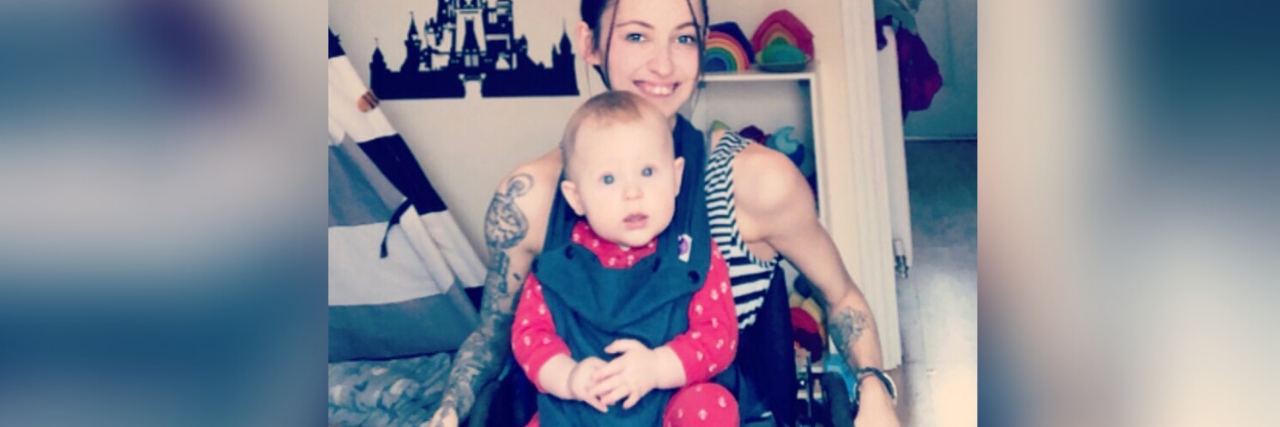Learning to Love Myself as a Disabled Person in an Ableist World
I have recently been thinking a lot about my own journey as a disabled woman. My trials and tribulations, and coming to terms with being what most would consider “abnormal.” What is normal, anyway? Over the last 10 years, I have gone on a confused and varied journey with my own disability. I’ve gone from anger at the unfairness of it all, to pure and unadulterated denial, a refusal to see myself as a disabled person.
During my teenage years and early 20s, I seemed to be inadvertently in a wild and heated self-induced determination against anything that would lead to me being viewed as a “disabled person.” I’d go to concerts and sit at the back rather than on the accessible platform. I’d be cold and wet rather than wear a large coat. And in all honesty, I wouldn’t take care of myself.
In this society, disabled people are often considered “less than.” We have an entire movement dedicated to body positivity, but it’s not always disability-inclusive. “Love your curves.” “Love your stretch marks.” “You’re worth more!” While these are fantastic and important and totally valid, they herald acceptance of very specific bodies, conforming to the same basic shape, the same level of ability. And as a result, people that look like me are mostly unrepresented.
It’s very hard to love yourself when people like you are pushed to the back of the queue. The world is against me loving myself and I’ve let it win for many years. I’ve made poor choices, got into terrible relationships, drank too much, been reckless, cruel and unfriendly. I had no joy, no self-esteem. I behaved with reckless abandon because simply put, I didn’t care what happened to me.
When I was 19, I was diagnosed with depression and anxiety. I was given pills. Every six months, I’d have my dosage upped without question because, and I quote, “Of course you’re depressed, you’re disabled.” I’d be given my prescription by my GP, then sent off without another thought to live out my sad, quiet existence. When I was 21, I asked my doctor about the prospect of having children. I was laughed out of the office and told, “able-bodied women struggle enough with that.” I’ve had “spastic” shouted at me in the street. I’ve been sexually assaulted because people assumed I would be grateful for the attention. I’ve been downright insulted when I’ve just been in the pub with my mates. And when I was pregnant with my son, someone congratulated my partner on being able to find me attractive enough to get me pregnant.
Is it any wonder some disabled people struggle with their own self-image? Their own voice? Is it any wonder many of us must fight the urge to hide and keep ourselves down and away from integrating into a society that isn’t equipped for us? I’ve had this from the moment I was born. The constant putting down, the bewilderment when I do even the most mundane of tasks, the congratulations when I complete them. They all serve as a reminder that “you are different to the rest of us.” And it can get to you. You have to rewire your own brain to steer away from massively ableist thoughts, to stop yourself from seeking the approval of the masses. When you’re disabled, loving yourself is an act of protest.
I’ve been through a lot in my life, both medically and personally. Being disabled is the least of my worries. It’s other people, the relentless ignorance of people that never get exposed to people like me, that make my life hard. I hope in the future we will see more disabled bodies, hear more disabled voices, so that maybe, someone like me can grow up with a security I could have only dreamed of 10 years ago.
This story originally appeared on Mums on a Roll.

